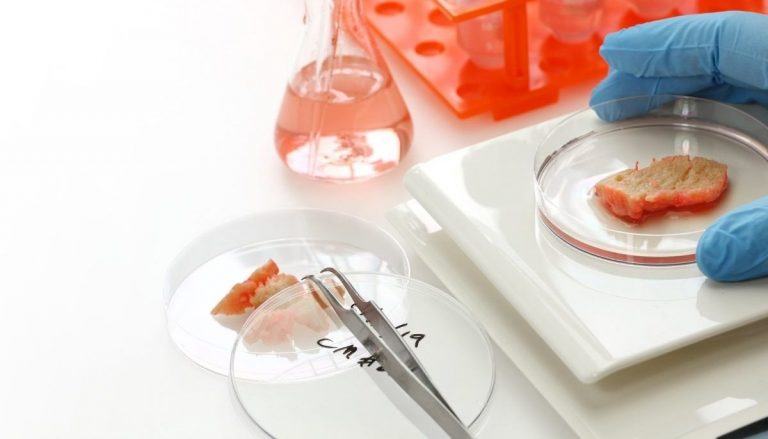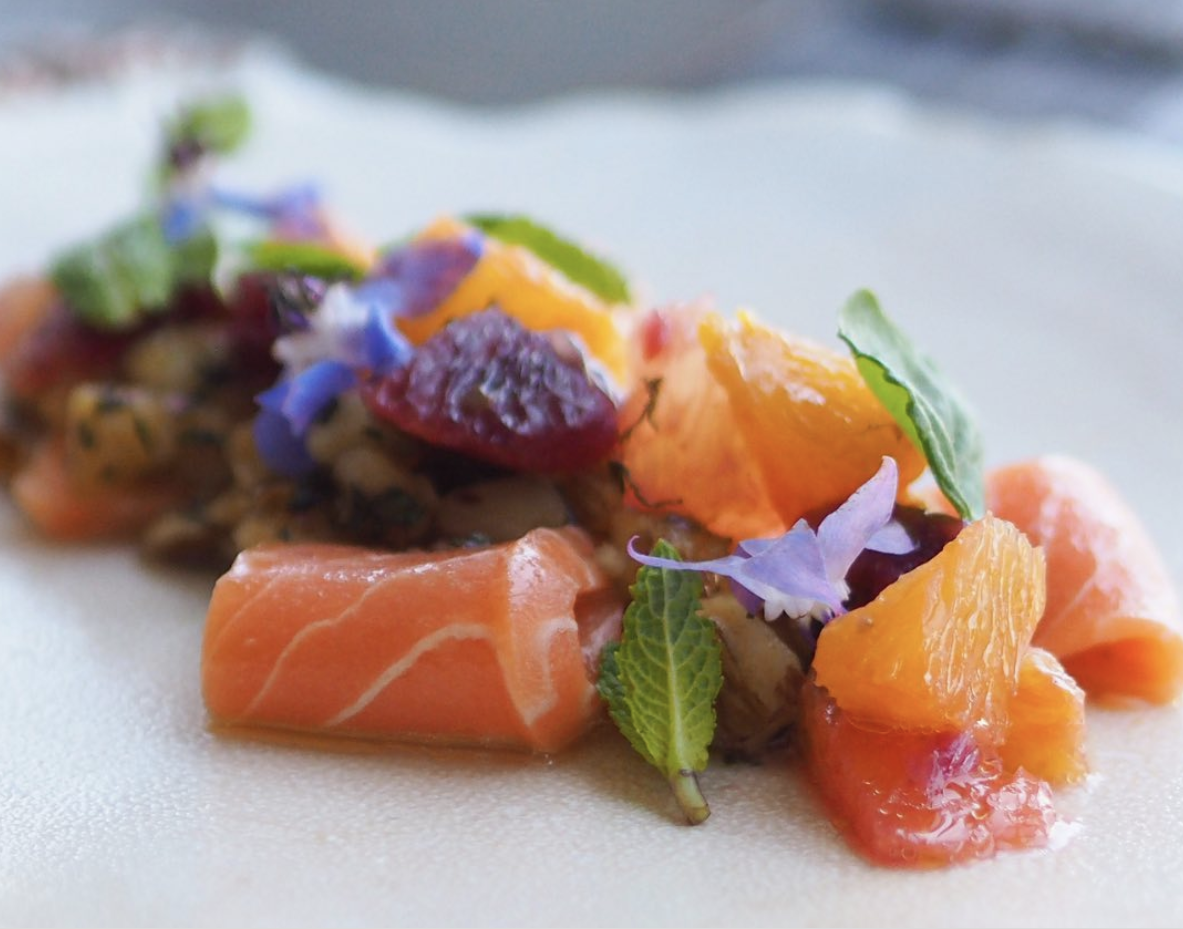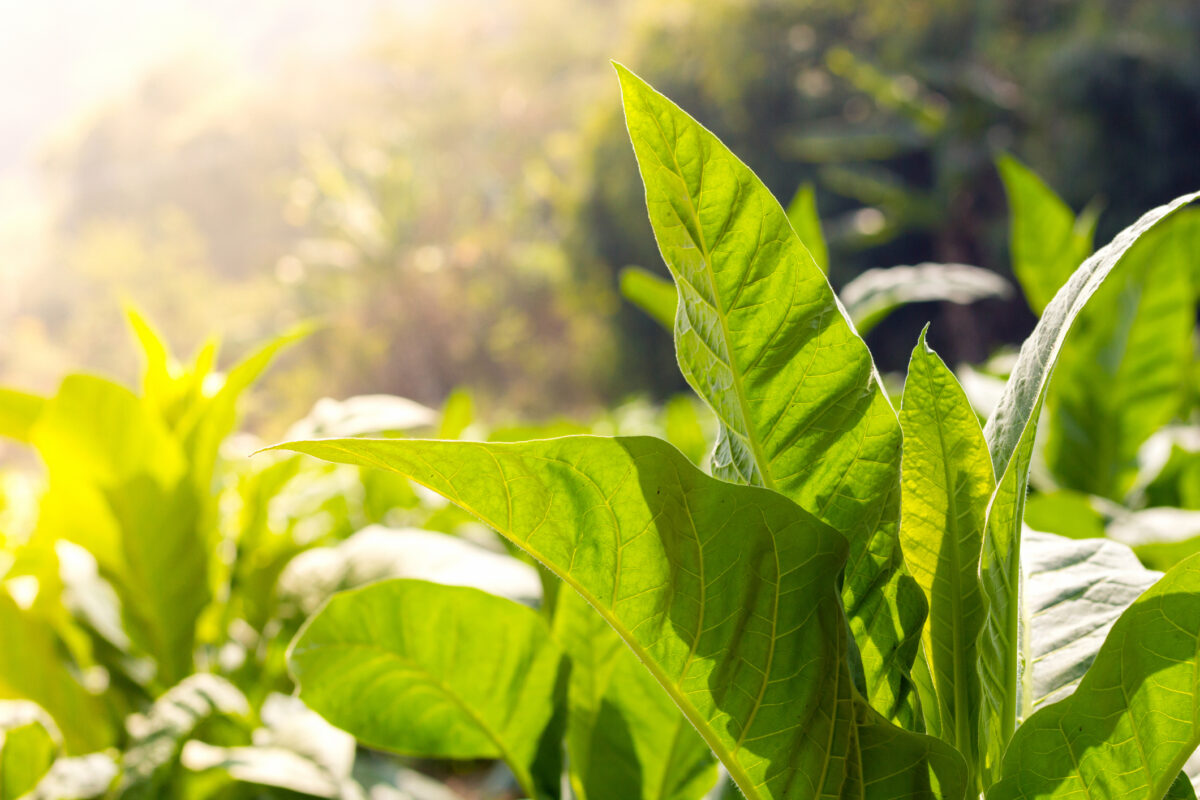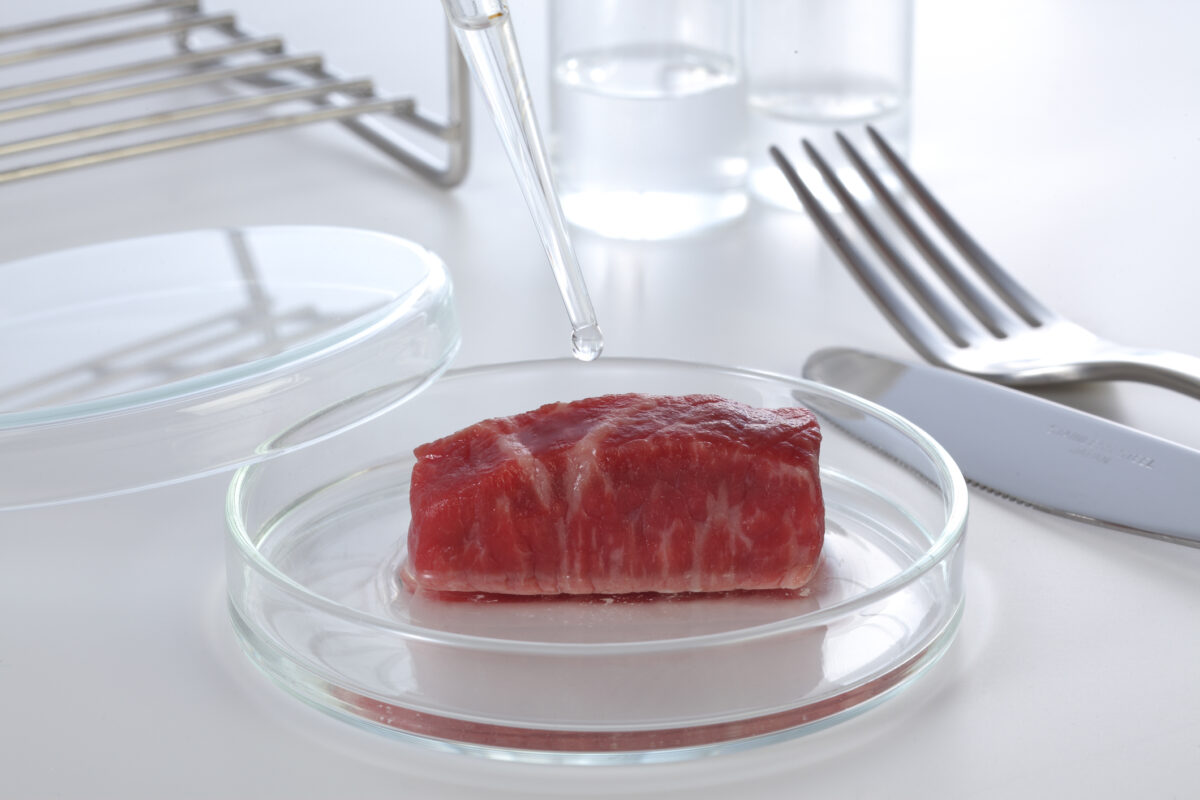IntegriCulture reports first ever meat cultivation using animal-free growth medium

Japanese start-up IntegriCulture says it has performed the first successful cultivation of chicken and duck liver-derived cells using an animal-free serum basal medium.
Using its proprietary CulNet system, IntegriCulture says it can emulate “inter-organ interactions” without the use of animal derivates.
Basal mediums comprised of between 5 and 20% animal serum are usually required to cultivate animal cells and produce meat products.
This serum typically contains growth factors, albumin and many other proteins which are all essential for cell replication.
As well as not being cruelty-free, animal-based serum is expensive, however. According to IntegriCulture, it costs $3,000 (around £2,300) to produce one chicken nugget.
CulNet works by linking together two bioreactors – one for cultivating multiple ‘feeder cells’ and another for cultivating cells that will become the end product.
Feeder cells developed by the company, IntegriCulture says, secrete suitable serum components which can then be fed to the cells in the product bioreactor.
“The main feature of the CulNet system is that the feeder bioreactor continuously supplies the serum components required for the target cell culture,” the start-up explains. “Feeder cells ‘cultivate’ each other, while producing the serum to proliferate cells in the product bioreactor.”
By using a medium that doesn’t require animals, the company hopes to make cultivated meat a more economically viable and ethically sound alternative to traditional farming.
Additionally, it claims the process is quicker than traditional cultivation methods. IntegriCulture says its CulNet medium produced a faster proliferation of liver-derived cells than conventional medium containing 10% foetal bovine serum (FBS) – with cell doubling an estimated 1.5 to 2.5 times quicker.
The success puts the company on track to deliver a cell-cultured foie gras, which it promises to launch by the end of the year.
Because of the prohibitive cost of animal serums and the need to move away from using animal-derived growth media, the development of alternatives is of growing interest, with cultured meat companies such as Mosa Meat already ditching FBS.
Israeli company BioBetter, for example, is developing technology to create cell growth factors from tobacco plants.
Meanwhile British biotech company CellulaREvolution is working on a foetal bovine serum-free peptide coating which encourages cell growth.







